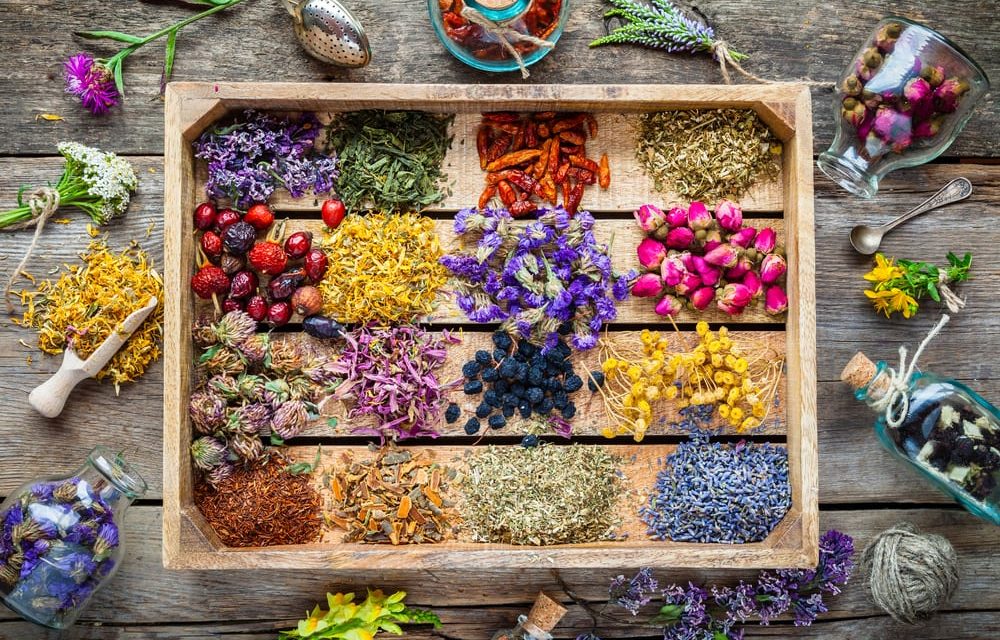Essential Oils have been used for thousands of years for medicinal and health purposes. Their popularity has grown recently due to the fact that they have antidepressant, stimulating, antibacterial, calming, detoxifying, and antiviral properties. They are also natural, safe, and cost-effective to use for a variety of health concerns.
The particles in essential oils come from distilling or extracting the different parts of plants, including the flowers, leaves, bark, roots, resin, and peels. Typically created through distillation (separating the oil from water), essential oils are highly concentrated oils and can be very powerful. Most pure essential oils are so potent, they must be diluted for safe use.
It is important to use certified pure essential oils in order to produce the desired results. Otherwise, you could produce aromatic effects only, or even be extremely toxic. There is NO substitutes for pure essential oils.
Essential oils have a small molecular size, which allows them to penetrate your skin much quicker than over-the-counter medication. They are also lipid-soluble so they can penetrate cell membranes and reach every cell of your body within 20 minutes. These oils contain oxygen molecules to help transport nutrients to your cells, which stimulates the immune system. These oils are so potent that they must be diluted before they can be applied.
Application
There are many ways to apply these oils:
- topical – including direct application, massage, warm compresses, adding oils to bathwater, adding the essential oil in oil pulling (adding to coconut or olive oil)
- aromatherapy – essential oils can be added to your diffuser, direct inhalation, hot water vapour, fans, vents, humidifiers, perfumes, and cologne
- internal – consuming or placing the essential oil under your tongue, or adding to a drink or food.
Benefits
There are many benefits to essential oils:
-
- boost immunity & fight infections
- relieve headaches & migraines
- reduce toxicity
- alleviate pain
- boost skin & hair
- balance hormones
- support digestion
- boost energy
- improve brain function
- reduce emotional stress & anxiety
- promote restful sleep
Essential Oils vs. Antibiotics
Essential oils contain antimicrobial and antibacterial properties. One of the huge benefits of essential oils over antibiotics is that the antimicrobial power of essential oils does not diminish over time. In the last couple of decades, the overuse of antibiotics has resulted in antibiotic resistance where the microorganisms develop tolerance or resistance to the medication. Essential oils, however, do not develop this same resistance.
How to Use
There are many ways to use essential oils:
-
- add a few drops to the water in your Waterpik or other water irrigation device
- add a couple of drops when oil pulling
- apply a drop or two to your toothbrush
- put a drop of the oil on your floss before flossing your teeth
- dilute the oil with water or carrier oil and use as a mouthwash
Check our our next blog for recommendations on various Essential Oils and their specific benefits.

